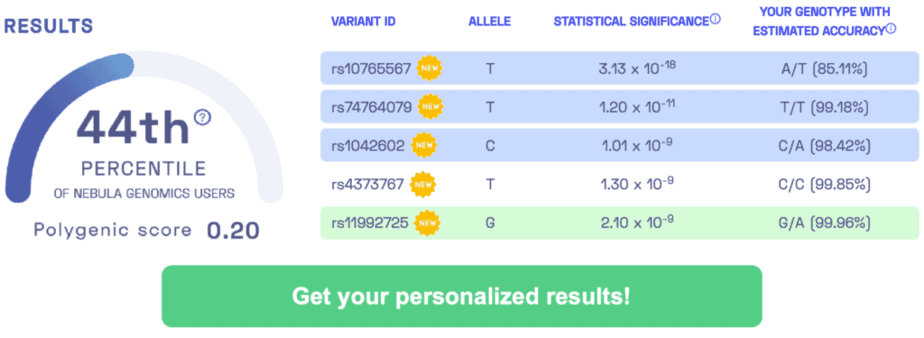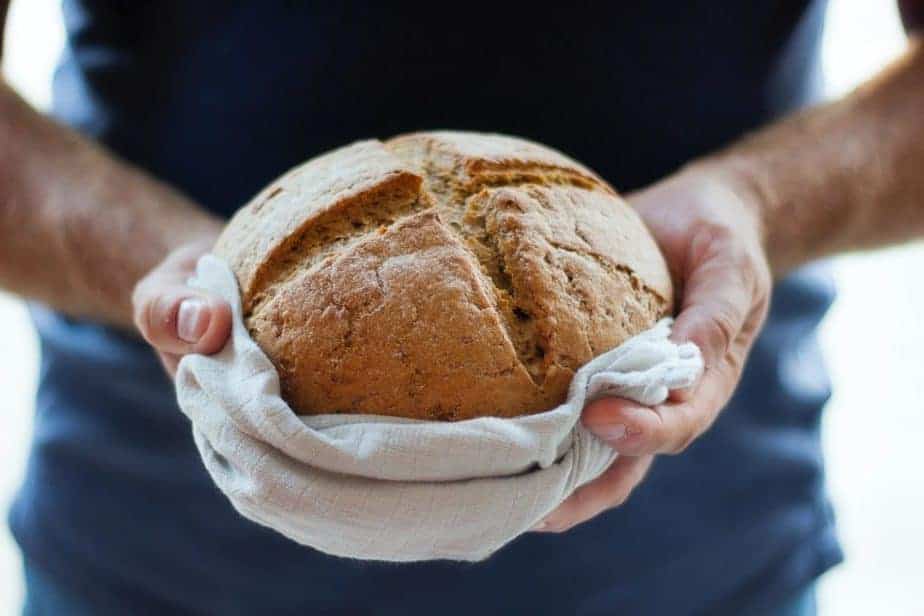STUDY TITLE: Genomic analysis of diet composition finds novel loci and associations with health and lifestyle
SUMMARY: Identification of 13 genetic variants associated with carbohydrate consumption.
OVERVIEW: Carbohydrates (carbs) are found in many foods, both healthy and unhealthy, that we regularly consume. The body breaks down carbs into glucose, a sugar that is used as an energy source. There are two types of carbohydrates: simple and complex. Simple carbs include white bread and soda. They are rapidly broken down, leading to a spike in blood sugar. Examples of complex carbs are whole-grain bread and oatmeal. Unlike simple carbs, complex carbohydrates are broken down slowly, leading to a gradual and stable increase in blood sugar. A diet high in simple carbs and low in complex carbs has been linked to diseases such as diabetes and heart disease. The genome-wide association study examined over 260,000 individuals of European ancestry and discovered 13 genetic variants associated with the intake of carbs, some of which also appear to influence the consumption of protein and fats.
DID YOU KNOW? Fiber is a type of carbohydrate, but the body cannot actually break it down into glucose. Though not broken down, fiber still plays an important role in supporting digestion. A diet high in fiber has also been associated with improved heart health and increased longevity. High fiber foods include beans, lentils, and broccoli. [SOURCE]
SAMPLE RESULTS: Learn more about the Nebula Research Library.

CARBOHYDRATE CONSUMPTION-ASSOCIATED VARIANTS: rs838144, rs10510554, rs429358, rs1104608, rs7190396, rs7012637, rs8097672, rs36123991, rs10206338, rs10433500, rs10962121, rs2472297, rs9987289
ADDITIONAL RESOURCES:
How do carbohydrates impact your health? (Video)
Types of carbohydrates
YOU MAY ALSO BE INTERESTED IN:
Fat consumption (Meddens, 2020)
Sugar consumption (Meddens, 2020)
Protein consumption (Meddens, 2020)
Coffee consumption (Zhong, 2019)
Alcohol consumption (Evangelou, 2019)
WEEKLY UPDATE: May 26, 2020
